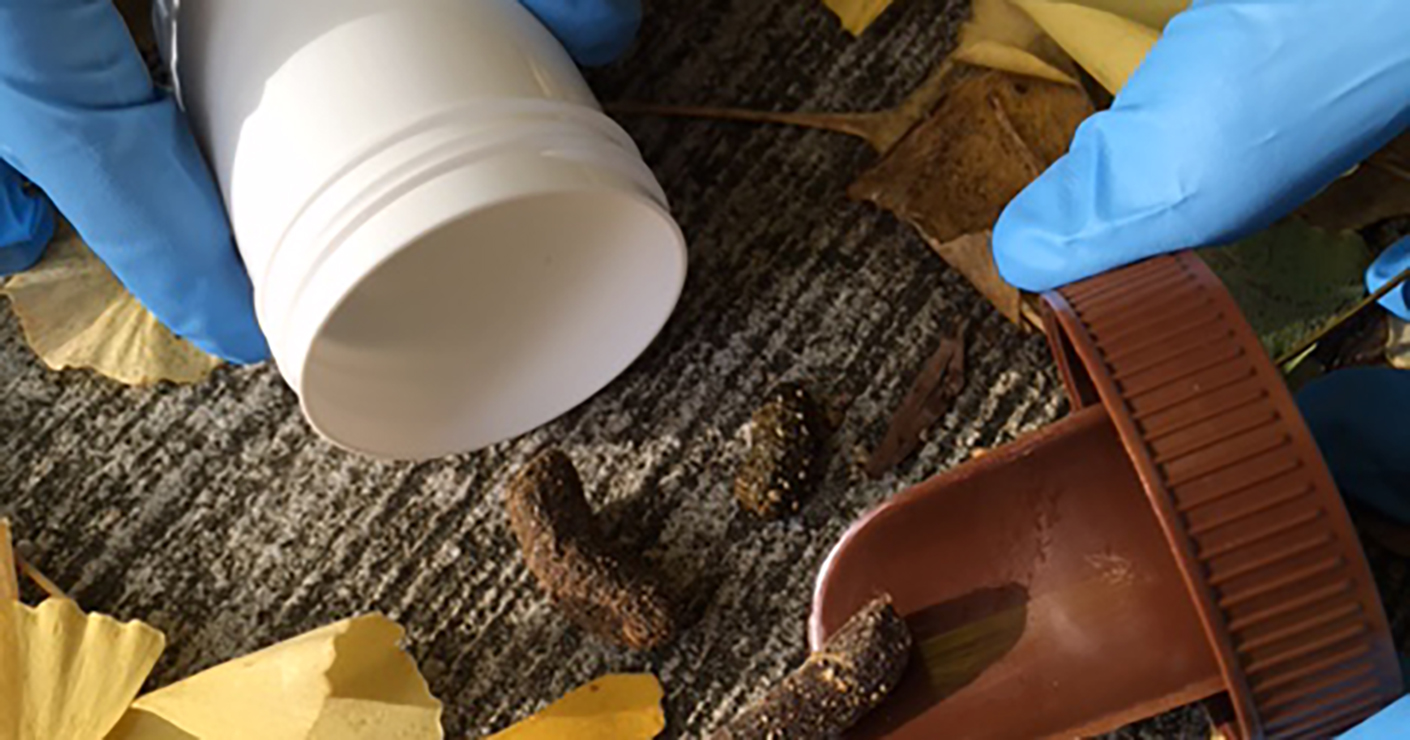By 2050, it is predicted the death rate attributable to antibiotic resistance will be greater than that of cancer. We spoke to Associate Professor Michelle Power to find out what antibiotic resistance is, and why we need more than just new drugs to fight it?
Antibiotic resistance is the ability of bacteria to overcome the actions of antibiotics or the drugs that we use to treat disease. One of the issues is that commensal bacteria, such as E. coli, have acquired resistance and other characteristics that turn them from friendly types to those that cause disease. These drug-resistant bacteria were initially problematic in hospitals, but now have made their way into the community.
In 2016, Australia released the National Antimicrobial Resistance Strategy which identifies a need for a One Health approach to fighting resistance. One Health recognises that disease spread, and control, spans to the health of humans, domesticated animals, wildlife and the environment – hence the fight against resistance falls to those affiliated to these areas and requires a community-wide approach.
As the end users of antibiotics, the issue of resistance should be conveyed to the whole community. There are ways each and every one of us can contribute to combating resistance.
Scoop a Poop
We have developed the Scoop a Poop citizen science project to align to goals of the National Resistance Strategy. We recently received an Australian Government Citizen Science grant that extends a pilot project funded through an MQ Learning and Teaching Strategic Priority grant. The beauty of Scoop a Poop is that it connects high school students to Macquarie’s undergraduate students within the framework of real science addressing a global issue.
Scooping the poop (or scat) falls to high school students who will collect possum samples from their backyards. Before the scat collection, students will learn about diverse aspects of antibiotic resistance from researchers visiting their schools. For example, what are the ‘superbugs’, what diseases resistant bacteria pose to humans and wildlife, through to the genetic basis of resistance.
The scat samples are then analysed by undergraduates in my unit, BIOL364 Symbiosis in health and disease. Undergrads will extract the DNA from the scat and then perform a test to determine if bacteria in possum poop carry antibiotic resistance genes.

Engaging the community
Citizen science projects involve non-professionals taking part in crowdsourcing, data analysis, and data collection. The idea is to break down big tasks into understandable components that anyone can perform.
Essential to a project of this calibre is the diversity of the team that has been instrumental in getting the project off the ground; the research team includes Koa Webster and Michael Gillings (MQU), Clare MacArthur (USYD) and Peter Harlow (Taronga). Engineering and Education undergrads may get involved in the future. Individuals and teams from Learning and Teaching, Ethics, Biosafety, Group Marketing, Future Students and Legal have all contributed in some way. The support and enthusiasm from colleagues has been fantastic.
We have also partnered with Taronga Zoo’s Youth at the Zoo for the project, with the aim of expanding the scope of citizens engaged in the activity.
Protecting our wildlife
Additionally, our research also aims to determine if these resistant bacteria present a conservation threat by impacting wildlife health. We are not only studying resistance in possums but also bats, seals, penguins, and Tasmanian devils. Partnering with Taronga Conservation Society – who also has a vested issue in wildlife health – shows how research, industry and the community are connected and can work together to address global issues.


 Back to homepage
Back to homepage
At PLC Sydney we are excited to be participating as a school with the Scoop a Poop project. We can’t wait to listen to the researchers at our school and get scooping!